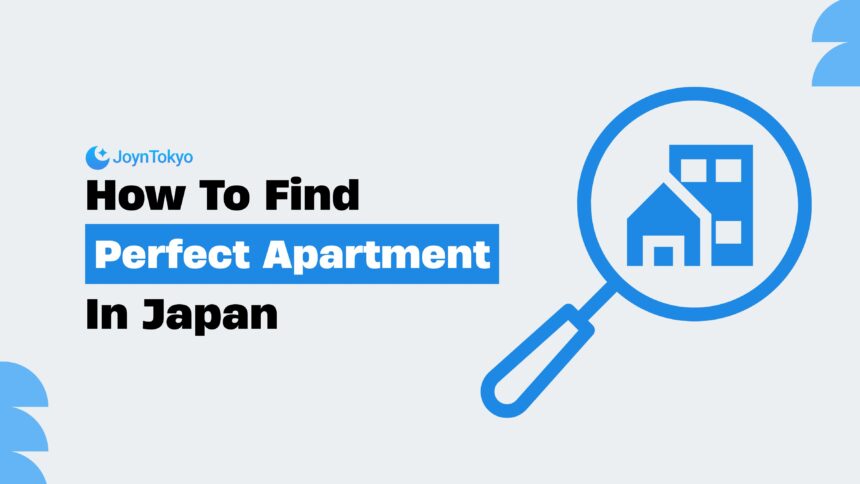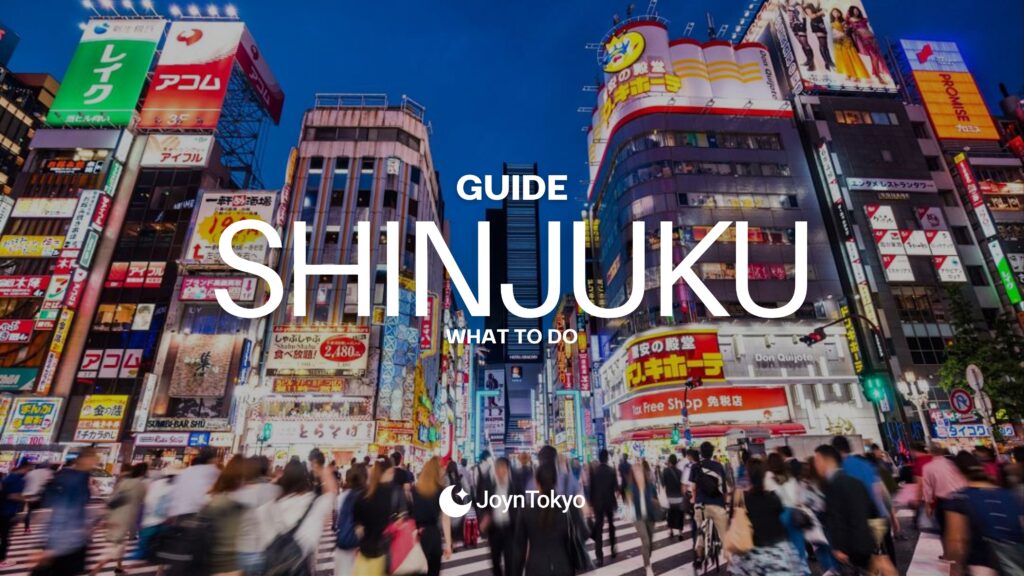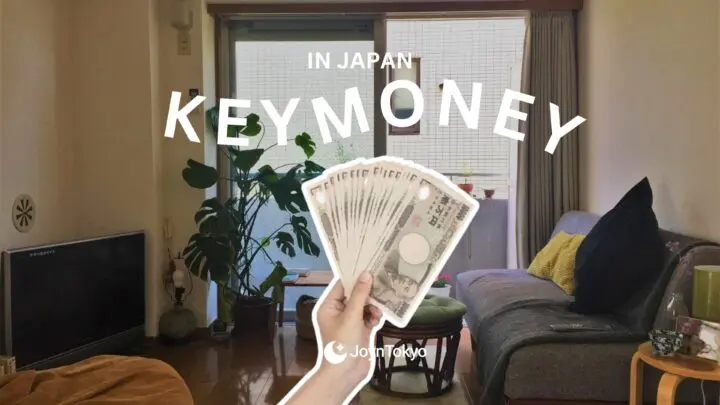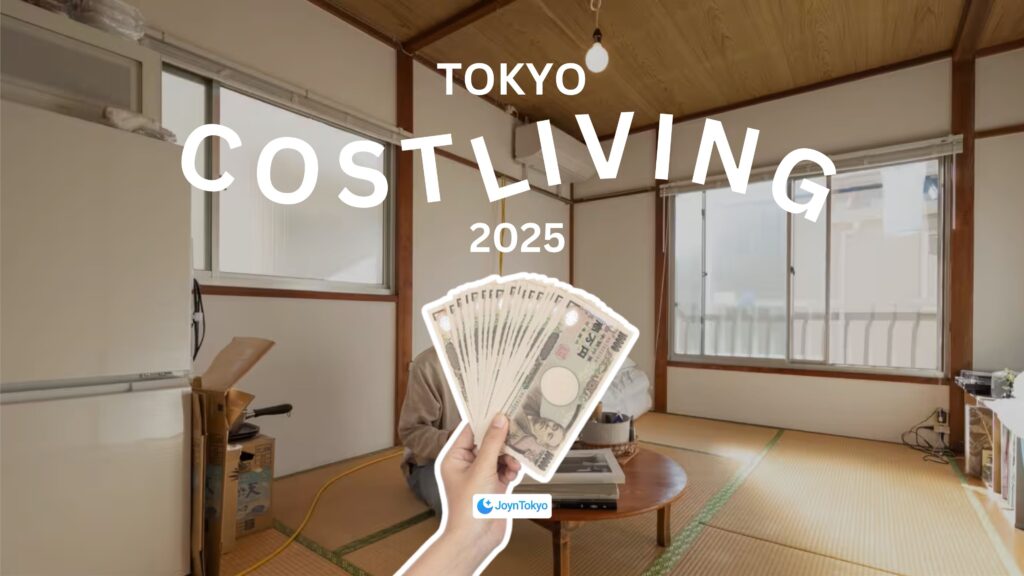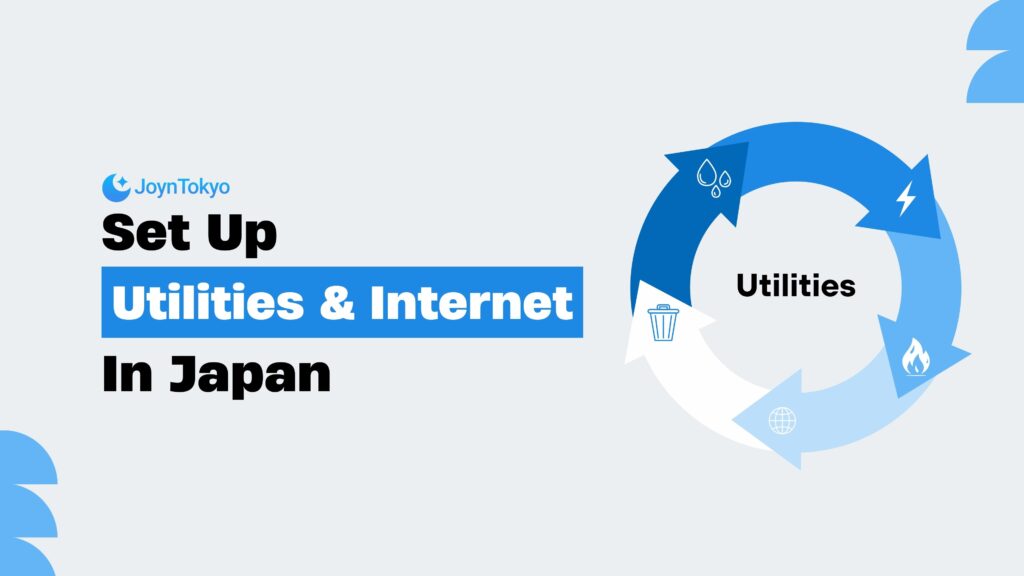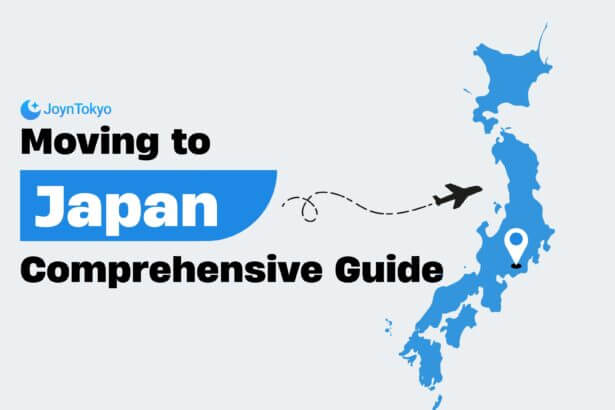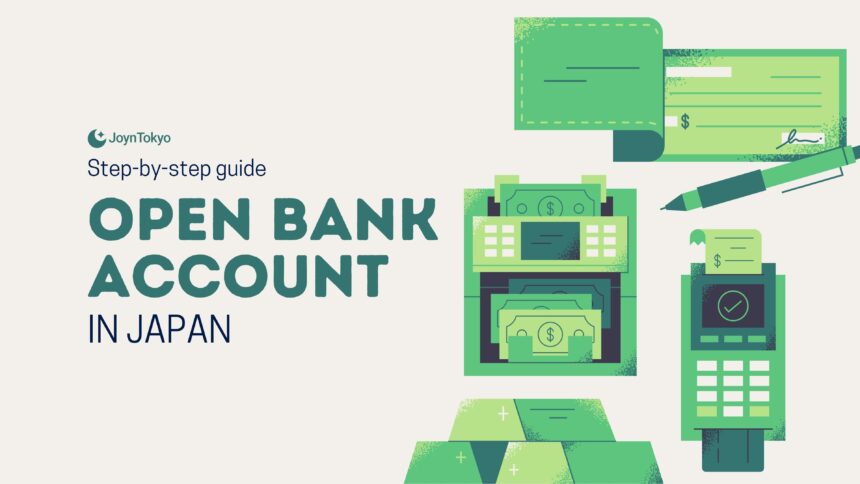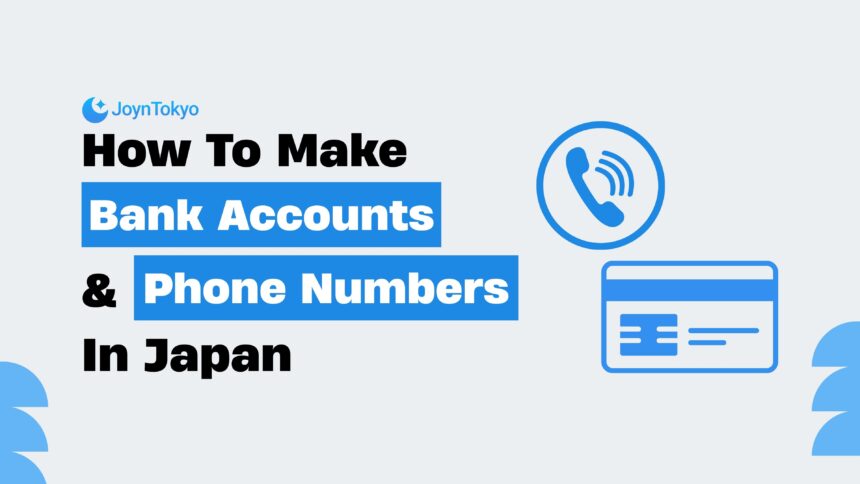Finding an apartment in Japan is exciting, but it can also feel overwhelming if you’re not familiar with the local system. The process is detailed, the paperwork is strict, and the costs often surprise newcomers. By understanding each stage with special insights into Tokyo rent prices, room sizes, utilities setup, working with agents, and furnishing your new home, you’ll save yourself time, stress, and unnecessary expenses
The Two Main Ways to Find an Apartment
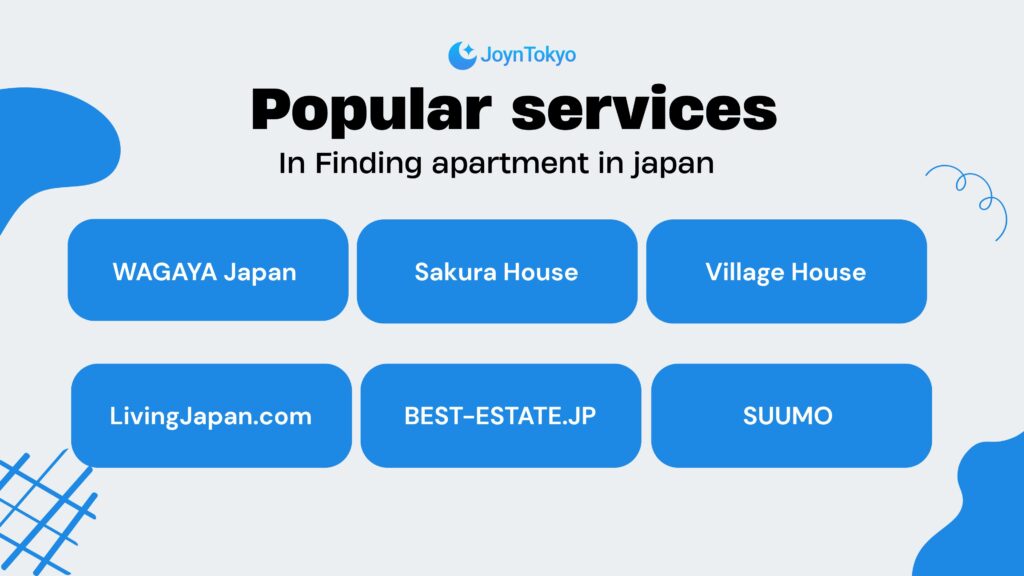
Not every landlord in Japan is eager to rent to foreigners, often due to communication concerns or unfamiliarity with rental customs. To improve your chances, it’s best to start with platforms that cater to international residents. These services offer English support, simplified contracts, and fewer traditional fees, making the entire process much easier for newcomers.
Popular services include:
- WAGAYA Japan — Multilingual support with listings tailored for foreigners; easy screening and remote viewings.
- Sakura House — Fully furnished apartments and share houses with flexible, short-term contracts ideal for newcomers.
- Village House — Budget-friendly rentals with no deposit, no key money, and no renewal fees across Japan.
- LivingJapan.com — Digital-first rental service with English support and fully online contract handling.
- BEST-ESTATE.JP — Multilingual assistance and streamlined rental process with strong support for foreign tenants.
- SUUMO — One of Japan’s largest property listing databases; ideal for browsing a wide range of neighborhoods.
These platforms save time, reduce stress, and help you avoid some of Japan’s more complicated rental traditions. Many even allow you to complete the entire rental process online, a huge plus if you’re moving from overseas or don’t speak much Japanese.
Walking into a local fudōsan (real estate office) near the train station is also common. Agencies have access to a shared database, meaning even if you walk into a small neighborhood office, they can show you listings across the city.
Understanding Japan’s Rental Terms
Here’s a quick primer on words you’ll encounter:
- Apaato (アパート): Smaller, wooden apartment building
- Mansion (マンション): Larger, concrete apartment building
- Guarantor (保証人, hoshonin): Someone who covers rent if you can’t
- Landlord (大家さん, ooya-san): Property owner
- Real Estate Company (不動産会社, fudousan-gaisha): Manages rental process
Tokyo is famously compact, stylish, but it has its own unique vocabulary to describe layouts that you may not be familiar with.
Some terms you’ll see in listings:

- 1R — One room (studio + kitchenette)
- 1K — One room + separate small kitchen
- 1DK — One room + dining kitchen
- 1LDK — One bedroom + living dining area
A 1R in Tokyo is often 15–20m². A 1LDK can jump to 35–50m², and the rent rises along with the space, as you may imagine.
Understand Your Visa Options with Expert Support!
Our consultants help you understand which routes you’re eligible for and what you need to prepare before applying.
Book Your FREE Consultation✓ English-speaking support ✓ 500+ Bookings
Cost of Renting an Apartment in Tokyo
Tokyo’s rental market changes from neighborhood to neighborhood, sometimes even from one train station to the next. Rent depends on factors like distance to the station, building age, layout, and whether the apartment offers features such as auto-lock entrances or delivery boxes.
Below is a realistic overview of what single renters can expect across different parts of Tokyo in 2025.
Shinjuku, Shibuya, Roppongi (Central Tokyo)
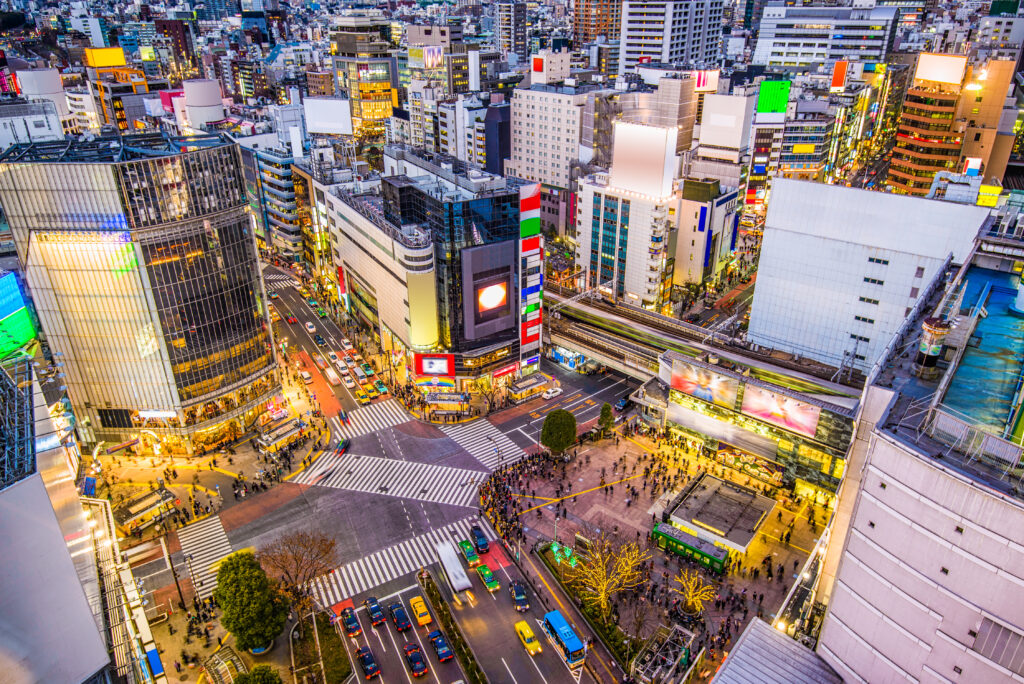
These districts sit right at the center of Tokyo’s energy, and is packed with nightlife, dining, shopping, and some of the city’s best train connections. Living here means you can walk to almost anything, but it also means paying more for less space. Many younger professionals choose these areas for the convenience and fast-paced lifestyle.
- ¥120,000–¥180,000/month
- Typically 15–25m²
- Newer buildings may go above ¥200,000
- Convenience is unbeatable, but expect smaller spaces
Read More
Ikebukuro, Nakano, Meguro
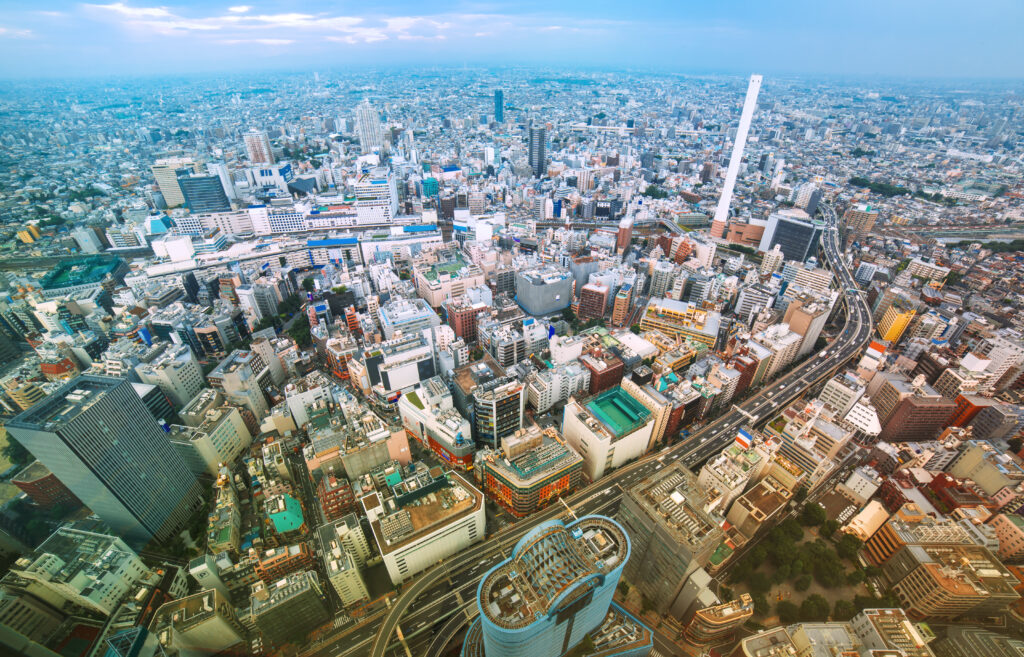
These neighborhoods strike a balance between lively city living and quieter residential streets. They’re popular with students, creatives, and professionals who want good train access and plenty of cafés, bars, and shops without the extreme costs of central Tokyo. Each location has its own personality, from Nakano’s cozy backstreets to Meguro’s calm, stylish vibe.
- ¥90,000–¥140,000/month
- 18–30m² is common
- Great mix of nightlife and quiet residential corners
Setagaya, Koto, Ota (Residential Areas)
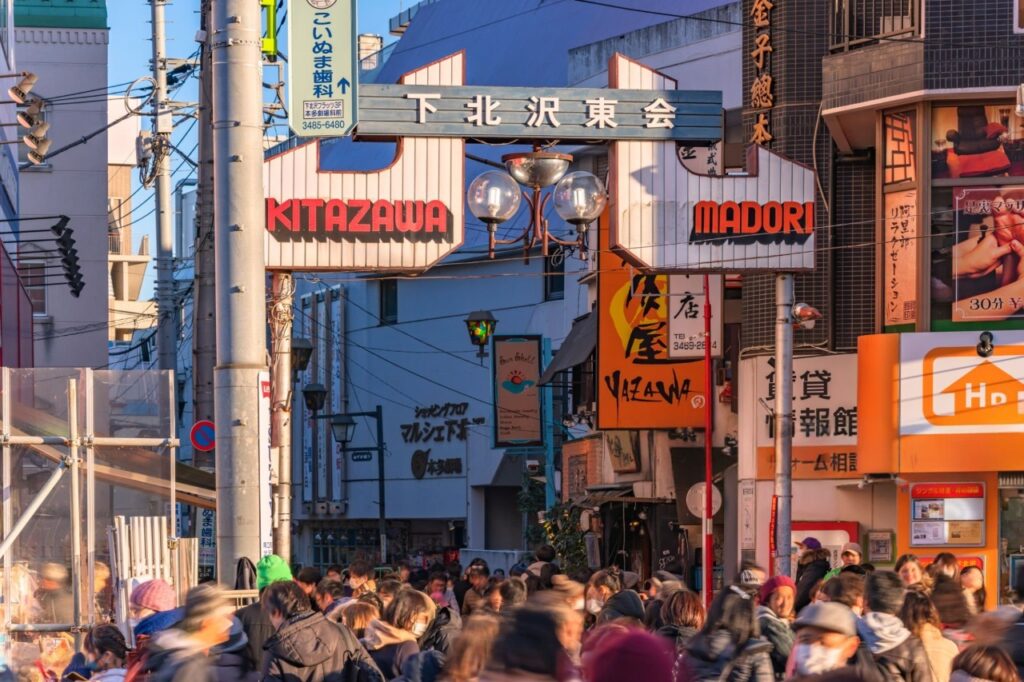
If you want more space and a calmer lifestyle, these districts are ideal. They’re known for being family-friendly, with wider streets, more parks, and more spacious apartments. Daily life feels quieter here, yet you’re still just a train ride away from major hubs. These areas are excellent for long-term living and for people who prefer a slower, more local pace.
- ¥70,000–¥120,000/month
- 20–35m²
- More space, quieter communities, family-friendly areas
Outer Tokyo (Chiba, Saitama, Kanagawa Borders)
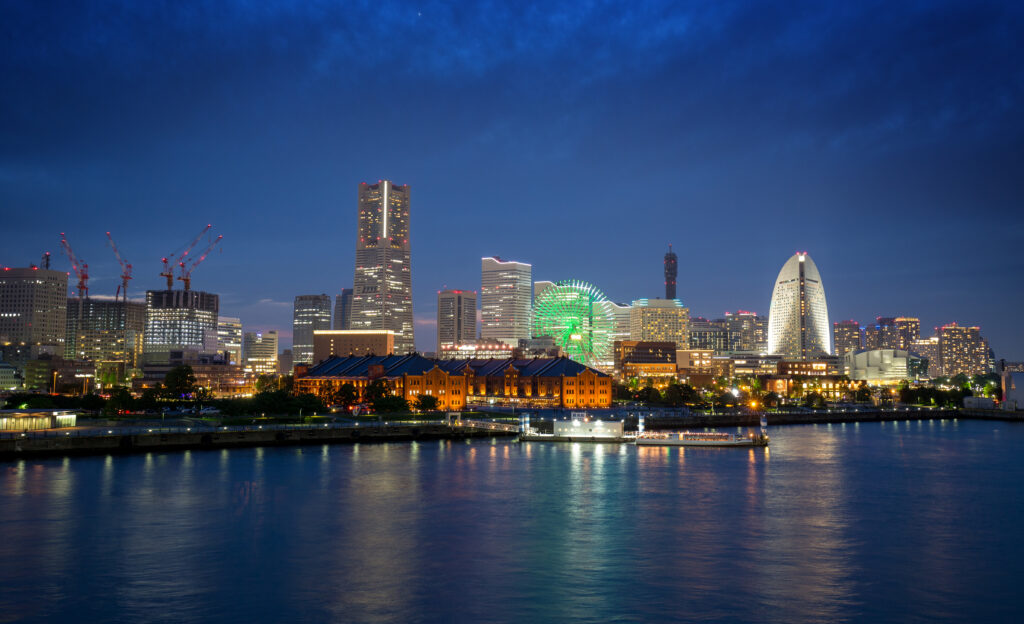
Living just outside Tokyo can be a smart choice if you want more room without the high cost. These areas offer surprisingly modern, spacious apartments at significantly lower prices. The trade-off is the commute, which may be longer — but for many renters, the extra space and quieter surroundings are well worth it.
- ¥55,000–¥90,000/month
- 25–35m² or more
- Longer commute, but excellent value for larger spaces
Tokyo apartments run small — especially compared to Western cities. A 20 m² studio is completely normal.
Costs You’ll Pay Upfront
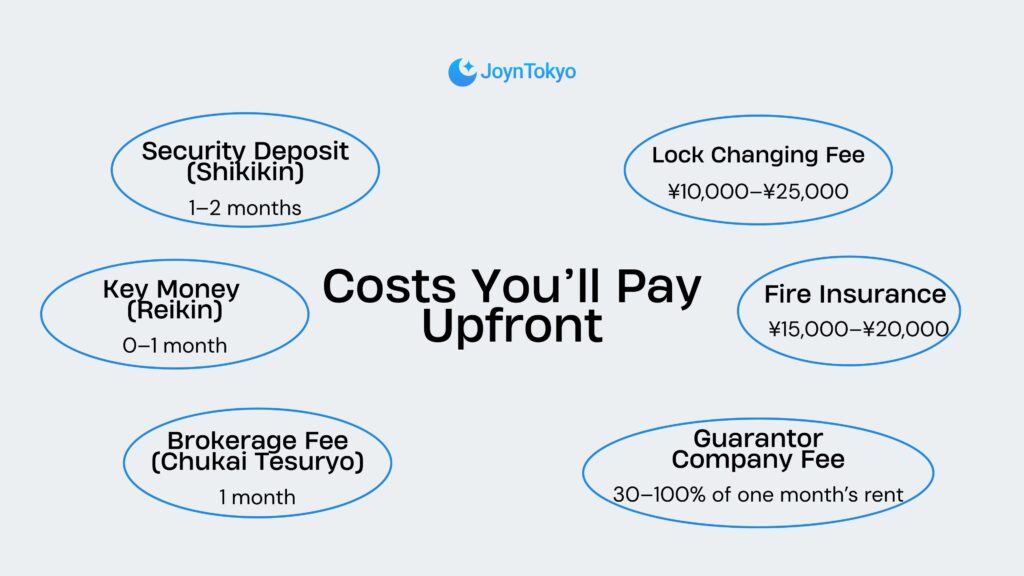
Moving into a Japanese apartment usually means paying 2-3 months’ rent upfront.
Typical fees include:
- Security Deposit (Shikikin) — 1–2 months
- Key Money (Reikin) — 0–1 month (non-refundable)
- Brokerage Fee (Chukai Tesuryo) — 1 month
- Lock Changing Fee — ¥10,000–¥25,000
- Fire Insurance — ¥15,000–¥20,000
- Guarantor Company Fee — 30–100% of one month’s rent
Foreigner-friendly companies often reduce or eliminate key money, deposits, or guarantor requirements. To put this into perspective, if your apartment costs ¥100,000 per month (about $660), the upfront move-in package can total ¥400,000–¥500,000.
Read More
What to Expect When Working With a Real Estate Agent
Real estate agents in Japan are incredibly efficient, but the system has its quirks.
Step-by-Step Experience
Step 1: Share Your Requirements
Budget, preferred areas, commute time, room size, building type, and whether you need furnished/unfurnished.
Step 2: The Agent Pulls Listings
They search their database and present options, including insider listings not shown online.
Step 3: Apartment Tours (Naiken)
You can book apartment viewing appointments. It is always a good idea to see to see in person as some may look smaller than expected — “15m²” hits different in Japan.
Step 4: Application and Reservation Fee (Tetsukekin)
You pay a temporary fee to reserve the unit while screening happens. It’s usually refunded after signing.
Step 5: Tenant Screening
This checks your:
- Income stability
- Visa type
- Job contract
- Guarantor or guarantor company
Foreigners often use a guarantor company, which simplifies things.
Step 6: Contract Signing and Fees
If approved, you pay the initial costs (deposit, key money, agent fee, insurance, etc.).
Step 7: Move-In, Key Handover, and Utilities Setup
You’ll receive your keys, and sometimes a polite lecture about garbage rules. You may even get a small gift!
What they’ll ask for:
- Passport
- Residence card
- Employment contract
- Income details
- Emergency contact in Japan
- Preferred move-in date
Agents appreciate clear communication, honest information about your visa and income, and realistic expectations. They also value quick decisions when you find a place you’re ready to apply for.
Points to Check Before Signing a Lease
When you’re viewing an apartment in Japan, keep an eye on the details that can impact daily comfort. Noise levels matter in buildings with thin walls. Ventilation is important because humidity can lead to mold. Sunlight direction affects how bright the room feels, and water pressure can vary widely in older buildings. Always ask about hidden fees, such as maintenance costs, renewal charges, internet setup, and insurance, before you sign.
Furnishing Your New Apartment in Japan
This is where the fun begins — and yes, you can furnish an entire Tokyo apartment without going broke.
Here are the top places to shop for furniture in Japan:
IKEA Japan: Affordable beds, storage, and compact furniture designed for small rooms.
NITORI: Japan’s version of IKEA, generally considered more reliable, stylish, and space-efficient.
MUJI: Minimalist aesthetic, higher quality, great for small apartments.
Don Quijote: Surprisingly decent home essentials at budget prices.
Sayonara Sales/Sayonara Groups on Facebook
Perfect for secondhand deals when people move out.
Recycling Shops (リサイクルショップ)
Treasures everywhere — from microwaves to full dining sets.
Read More
Living With Japanese Neighbors: Unwritten Rules to Know
Japanese apartment life is peaceful, and everyone works to keep it that way.
Common Expectations
- No loud music after 9–10 PM
- Take out trash only on assigned days, and in the right bags
- Avoid blocking hallways or balconies
- Make sure deliveries don’t disrupt the building
- Inform neighbors when moving furniture or receiving large items
The more courteous you are, the smoother your experience becomes. Japanese neighbors may not confront you directly, but they notice everything — in a gentle, observant way.
What Comes Next?
With housing secured, the next major step is setting up daily essentials. This part of the guide covers how utilities work in Japan, including electricity, gas, water, and Internet, along with what to expect when getting everything connected. Once these basics are in place, your new place starts to feel like a functional home rather than just an empty apartment.


